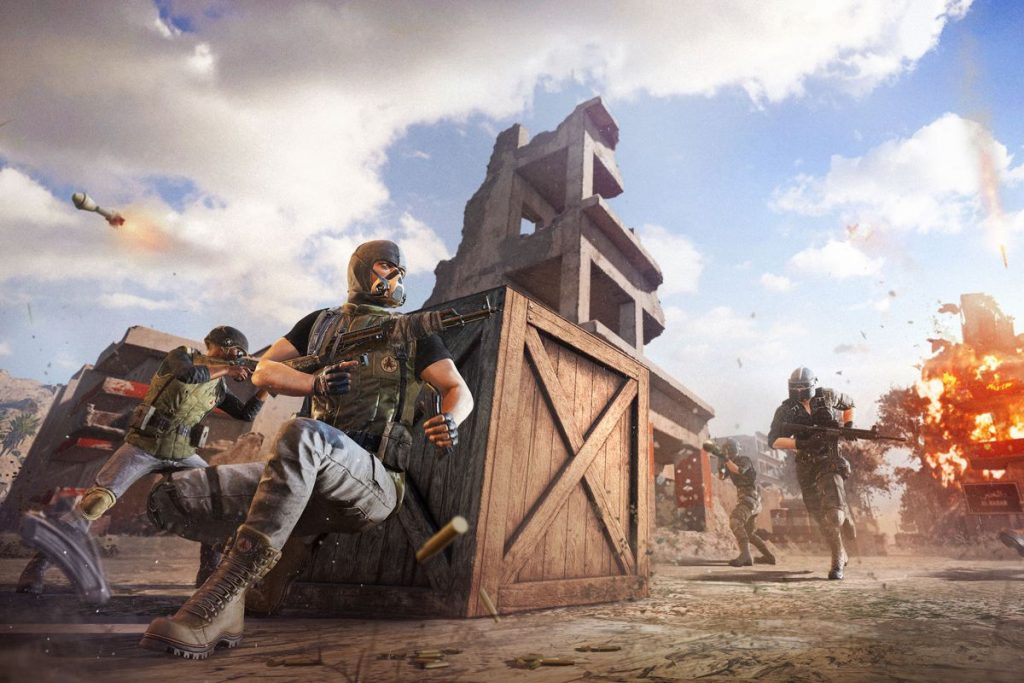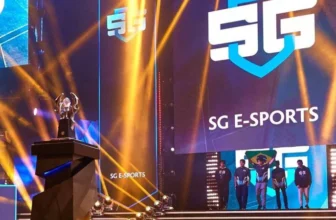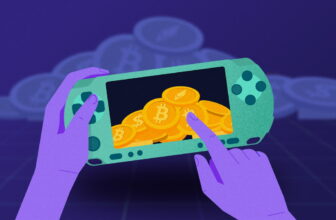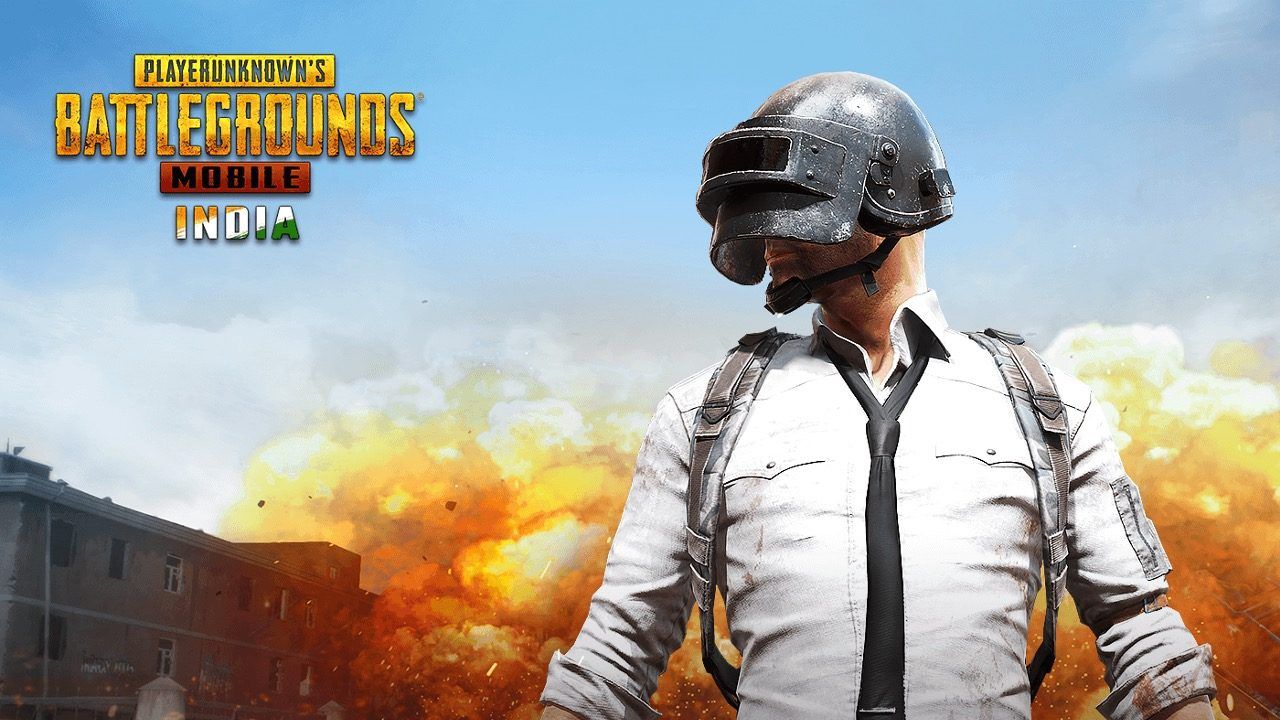
There hasn’t been much focus on PUBG in the press during recent times. That’s quite surprising when you consider the game’s popularity. It’s one of the most popular mobile games ever created and is still downloaded hundreds (if not thousands) of times every day, but recently we’ve heard a lot more about Fortnite and the mobile version of Call of Duty than we have about PUBG. Perhaps that’s because there’s a brand new version of Call of Duty coming out, and Fortnite has been in the headlines regularly because of Epic Games and its dispute with Apple. That might be about to change, though, because the company behind PUBG has got big news.
Here on Esportsguide you can find much more info about the top esports games and the schedule of all the upcoming matches and tournaments, which is a great feature in case you want to watch esport games online.
As we said above, PUBG has downloaded thousands of times each day all over the world – but one place it hasn’t been downloaded for the past few months is India. That’s because of a decision taken by the Indian government at the start of September 2024 in which any app perceived to have links to China – no matter how tenuous that link might have appeared to be – was banned from listing and download. In the case of PUBG, the game is made by Bluehole – a Korean company – but the mobile version was created by Chinese developer Tencent. Anything made by Tencent is covered by the ban, and so PUBG became a casualty of it. Within days of the ban being announced, PUBG’s owners confirmed that they would cut ties with Tencent in India and assume responsibility for the game’s development and publishing themselves. That didn’t satisfy the Indian authorities, and so the ban remained in place.
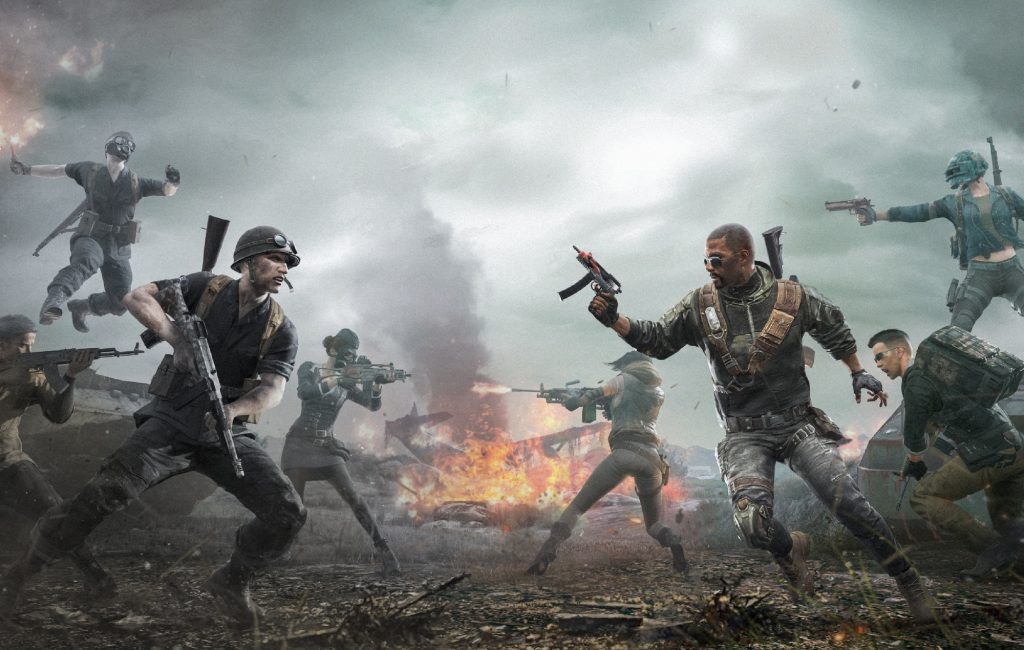
img source: nme.com
To say that the decision didn’t go down well with mobile gamers in India would be an understatement. At the time of the ban’s enforcement, it was the most popular download in the whole country, with more than fifty million players. There were some protests on social media, but they fell on deaf ears. From the government’s point of view, it didn’t matter who assumed responsibility for the game on an ongoing basis – it was made by Tencent, and therefore it represented a security risk. Much like Fortnite players who only have access to the game through Apple-made devices, it looked like Indian PUBG players were destined to miss out for the long term. Now, progress has finally been made. PUBG will be coming back to India – but it’s taken a lot of money to make it happen.
Instead of arguing about who made which pieces of code in the existing PUBG mobile game, the PUBG Corporation (a subsidiary of Bluehole) has decided to make a whole new mobile game specifically for the Indian market, without any Tencent involvement. That would have been an expensive undertaking on its own, but that’s not the only commitment that the PUBG Corporation has made to the country. As well as making a region-specific version of the game, they’re also making a one hundred million dollar investment in the Indian gaming and esports industries. It isn’t immediately clear who will receive the money or how it will be distributed, but it’s thought that getting the ban overturned was contingent on receiving the cash.
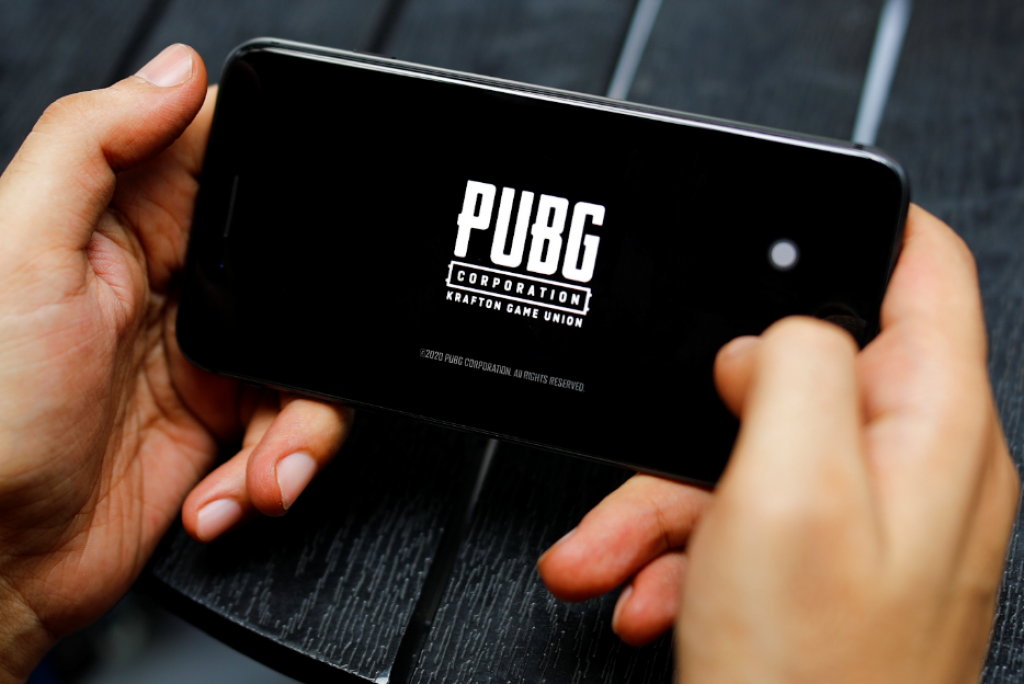
img source: engadget.com
The fact that the people behind PUBG would go to such extraordinary length and expense to reconnect with those fifty million users underlines how much money there is to be made in mobile gaming in the 2024s. We’ve come a long way from ten years ago when the only kind of mobile games that made money were those that came from online slots websites. That hasn’t necessarily changed – the online slots industry still rakes in around fifty billion dollars each year – but the ‘conventional’ gaming market is rapidly catching up to it. We’re even seeing some crossover between the two strands of mobile gaming – some of the most popular mobile games have been re-imagined as online slots. If current trends continue, it’s possible that the combined market of mobile games and slots on websites like Kong Casino will overtake the console gaming market by the end of 2025.
As well as committing to building an “Indian only” version of PUBG, the PUBG Corporation has also pledged to create an Indian subsidiary company to manage the development of the new game and take responsibility for it on an ongoing basis after it’s been developed. In a statement, they confirmed that they would manage data securely and would tailor the game in accordance with India’s local preferences. Based on that, it sounds like Indian fans will be playing a version of PUBG that won’t be available anywhere else in the world, whereas existing PUBG players in other countries will carry on playing the Tencent-built version that they already have. Whether this will limit multiplayer options for Indian players remains to be seen, but that’s unlikely if they can get close to the fifty million players they had previously.
In terms of how the Indian version of PUBG might be different, the most likely answer is that the game will contain less ‘adult content’ than it does elsewhere. Shirtless characters are likely to be prohibited, and green fluid is likely to be used in place of blood. We’re basing those predictions on changes that have been made in the past to please Indian censors. It’s also thought that game time might be restricted to ensure that young players don’t sit and play the game for extended periods. Ironically, all of these changes also exist in the Chinese version of the existing PUBG mobile game – and were introduced to satisfy Chinese censors.
In announcing that the game was coming back, the PUBG left out one very important detail; the date. We can probably assume that the game is currently in development and might even be close to completion based on the fact that the company has decided to issue a public statement. Whether or not it will see a release date in 2024, though, remains to be seen. We’re running out of days and weeks left in the year, so if there isn’t an announcement in the next few days, it’s probably safe to assume that we’ll see the new game in early 2024 as opposed to late 2024. Indian players have waited for this long, so we’re sure a few more weeks won’t make too much of a difference.

